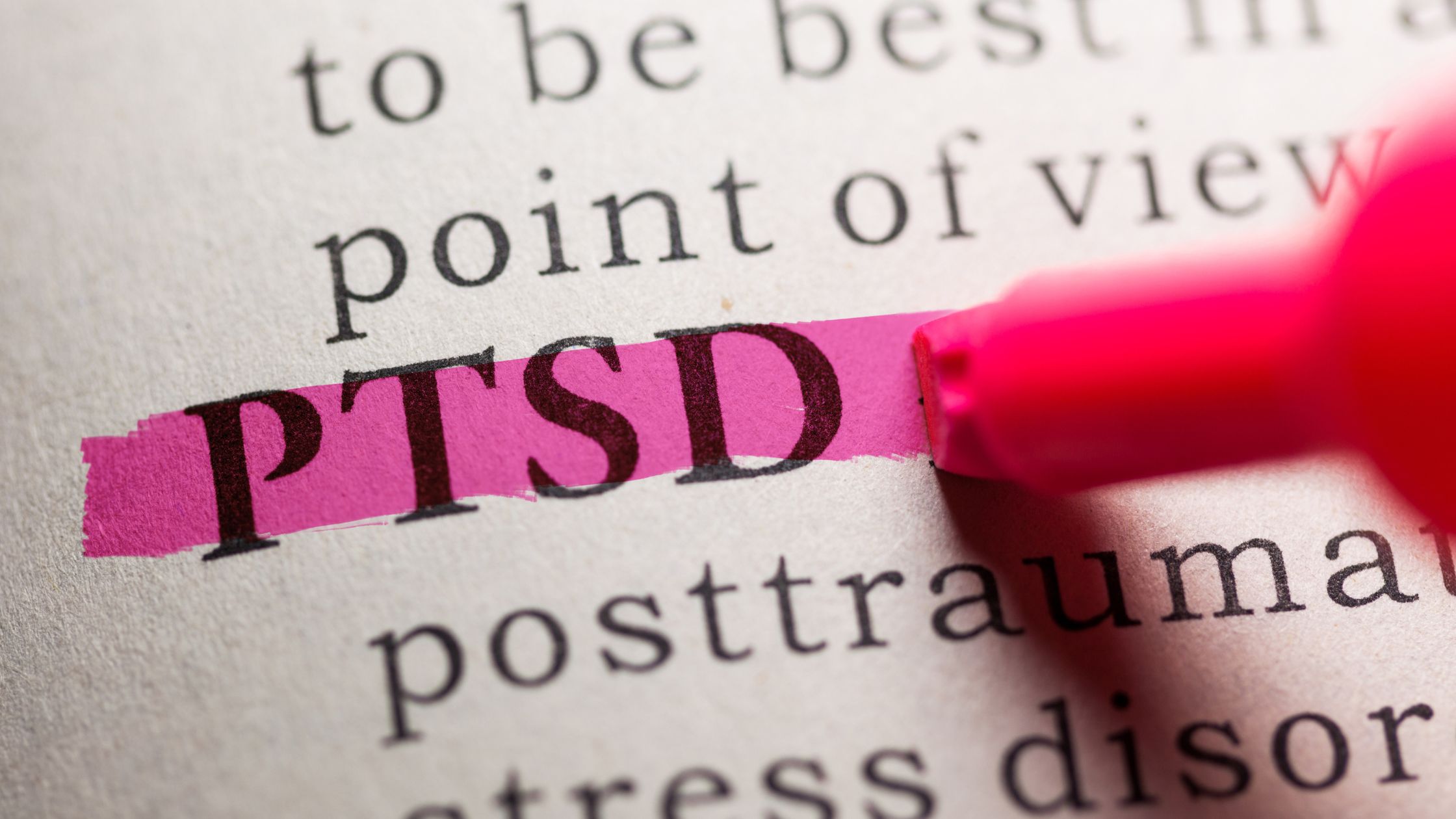Did you know that June is recognized as Post-Traumatic Stress Disorder (PTSD) Awareness Month?
The goal is to raise public awareness about issues related to PTSD, reduce the stigma associated with it, and help ensure that those suffering from the invisible wounds of trauma receive proper treatment.
While PTSD can affect anyone, some statistics show that it’s more prevalent among specific communities. But remember, it’s not just a someone else problem. It’s an us problem, and we need to address it with compassion, understanding, and resources.
Let’s walk through some statistics!
In the United States, approximately 7-8% of the population will have PTSD at some point in their lives. This figure translates to about 24.4 million people in totality — that’s almost equivalent to the entire population of Australia! About 8 million adults have PTSD during a given year, which is only a small portion of those who have gone through trauma. Some don’t even know they have PTSD.
Here’s where it gets even more nuanced. PTSD affects about 8-10% of women and 4-6% of men, and studies show that war veterans and first responders are among the highest-risk groups. Roughly up to 20% of military veterans who served in Iraq or Afghanistan suffers from either major depression or PTSD. And these numbers are just the tip of the iceberg. Let me repeat: So many people don’t know they are suffering with PTSD. The symptoms can look like depression, anxiety, irritability, etc.
Marginalized communities, such as the LGBTQ+ community, often experience higher rates of PTSD due to increased exposure to trauma.
According to ptsd.va.gov:
“Lesbian, gay and bisexual identities have been associated with higher victimization across the lifespan compared to those with a heterosexual identity, including experiences of child abuse and sexual and physical assault.
In fact, LGBTQ+ individuals are nearly 4 times more likely to experience violent assault (rape or sexual assault, robbery, and aggravated or simple assault) than their cisgender (i.e., a person whose gender identity is the same as their sex as assigned at birth), heterosexual counterparts.
As a result, LGBTQ+ people are at higher risk of developing PTSD, with prevalence estimates of up to 48% of LGB individuals and 42% of transgender and gender-diverse individuals meeting criteria for PTSD. These estimates are much higher then the general population prevalence (4.7%.)”
That’s the heavy part.
Now, if you’re someone dealing with PTSD or you know someone who is, what can you do? Get some support!
- Recognize the symptoms: The first step is recognizing the signs of PTSD, which can include flashbacks, nightmares, severe anxiety, and uncontrollable thoughts about the event. These are just a few symptoms. Some individuals have a unique PTSD experience and the symptoms can vary from person to person.
- Seek professional help: If you’re experiencing symptoms of PTSD, it’s essential to reach out to mental health professionals. They can provide treatments such as psychotherapy (talk therapy), cognitive behavioral therapy (CBT), or medication.
- Stay connected: Don’t isolate yourself. Reach out to your loved ones, join a
support group (there are many available online), or participate in community
activities. Connection is key in recovery. - Self-care: Physical health significantly impacts mental health. Regular exercise, a balanced diet, and adequate sleep can help manage PTSD symptoms.
- PTSD education: Understand PTSD. Read about it, listen to podcasts, and watch videos. The more you know, the more you can advocate for yourself or support your loved ones.
- Avoid self-medication: It’s tempting to resort to alcohol or drugs to relieve some of the emotional pain, but this often worsens the problem in the long run. (Unless you’re self-medicating with YouTube videos of adorable flying squirrels!)
This June, let’s stand together, raise awareness about PTSD, and fight the stigma
associated with it. PTSD is not a sign of weakness; it’s a sign that someone has been strong for too long. But with the right support and care, there’s hope for a brighter future.
Remember, it’s okay to ask for help, and it’s okay to accept it.
Stay strong, and keep shining! You are the light in your own life and to others!
#EndTheStigma #PTSDAwarenessMonth

